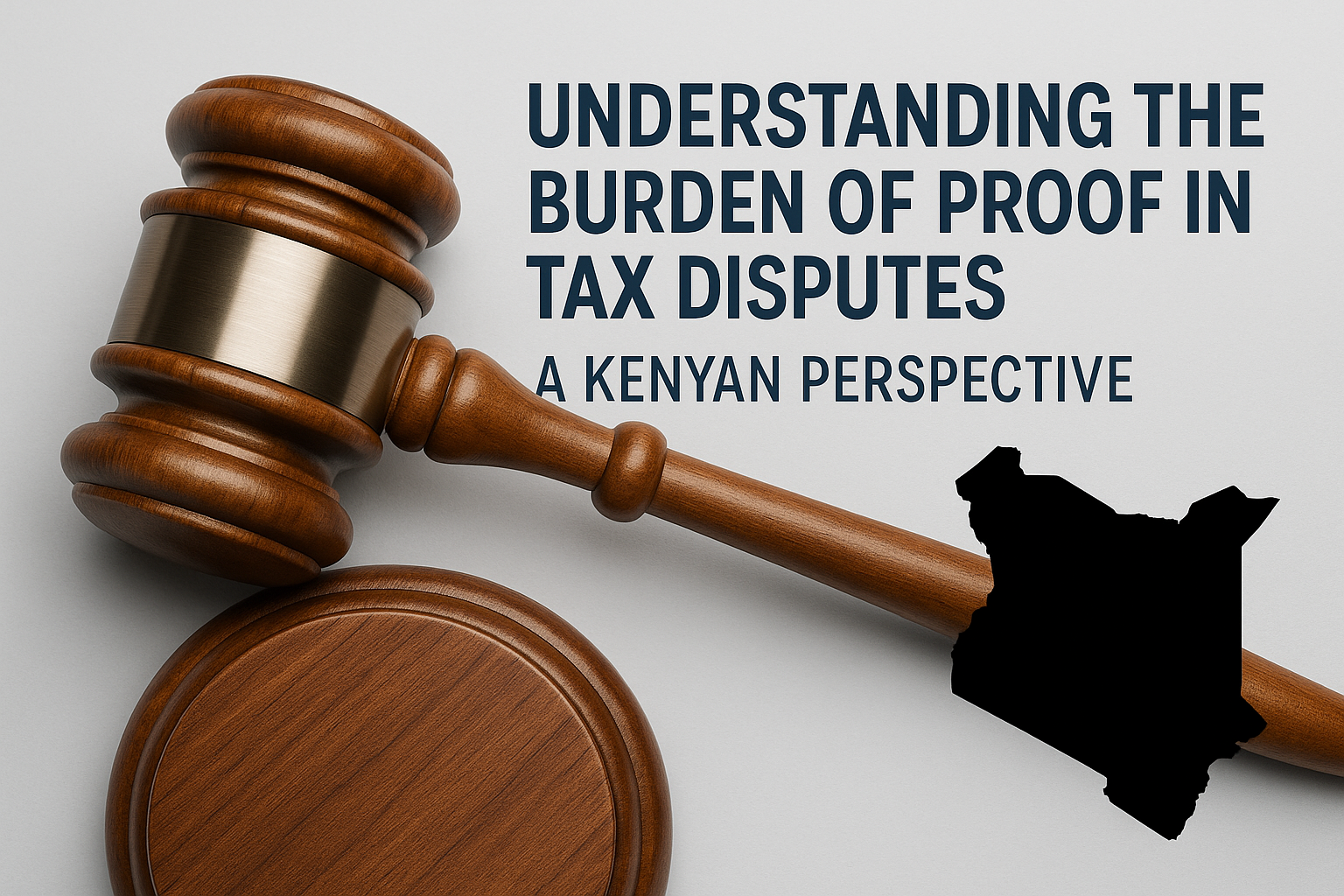Tax health check or Tax due diligence is a comprehensive examination of the different types of taxes that may be imposed upon a particular business. This may include a review of all applicable types of taxes such as sales/ value-added tax, excise tax, customs duties, employee tax and other specific taxes applicable to the target company.
Tax due diligence is of two types – seller’s side and buyers side.
- A seller’s side due diligence is conducted by the target company in an attempt to recognize and remedy any major tax exposure before inviting prospective buyers.
- A buyer’s side due diligence is when the buyer wants to recognize the target company’s tax exposure before making the buying decision.
Elements of tax due diligence
Tax Compliance
Tax compliance means submitting a tax return within the stipulated period, correctly stating income and deductions, paying assessed taxes by due date and paying levied taxes. The very basic and starting drill to a tax due diligence is to confirm that the target company is adhering to all government tax compliance.
Tax Liabilities/ Assets
Identifying tax liabilities is at the most time consuming and detail-oriented task. This is because the buyer has to analyze all the past financial information of the target company. Furthermore, the buyer must also study the tax liabilities of the target company’s subsidiaries, sister concerns, or any other related company. The tax liabilities of these companies will increase the target company’s tax exposure. Once the acquirer has identified the liabilities, it is time to quantify them. Thereafter this amount of tax liability will be used to make a buying decision or set a fair acquisition price.
Employee tax
Many companies wrongly classify their employees. For example, they may classify independent contractors as full-time employees. This can change the tax liabilities, plus it can invite additional penalty. It is not necessary that the company may have misclassified on purpose, it may be a genuine error.
The acquirer must conduct proper investigations to identify these misclassifications. This investigation includes looking into the following –
- Employee contracts
- The flexibility of individual employee’s working hours/schedules
- Employee compensation structure
- Insurance and other benefits.
This will help the acquirer to determine the target company’s tax liability in this area and further help in making the buying
Tax Credits
The government provides tax credits and subsidies to companies to boost trade and commerce. These tax credits include export tax credits, R&D tax credits, etc. Furthermore, the government also rewards sustainability efforts with initiatives such as tax credits for reducing carbon footprint, tax credits to install solar technology and water treatment plants, etc.
There can be two ways in which the target company can have a tax liability in this area. Either it has miscalculated these credits or it has wrongly claimed them. Both cases will give rise to tax liabilities and heavy penalties in the future. Therefore it is necessary that the acquirer conducts thorough due diligence in this area before coming to any conclusions.














